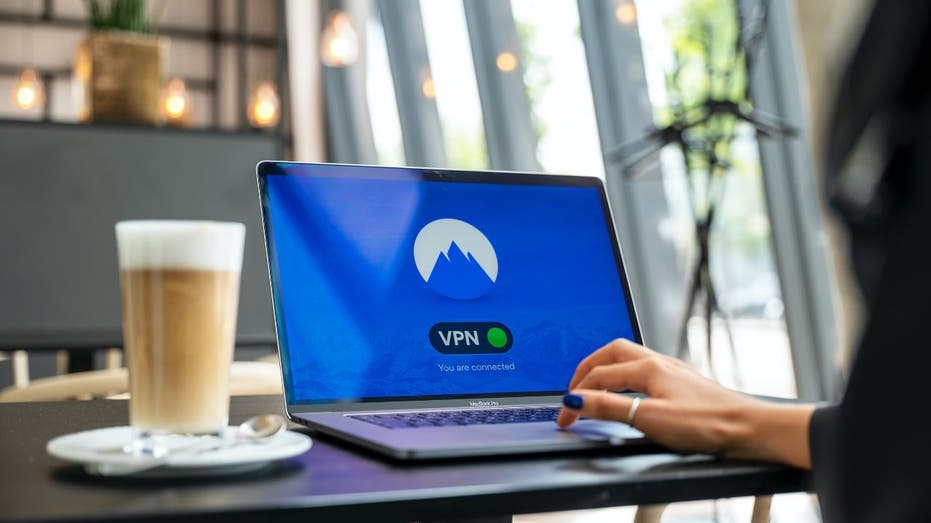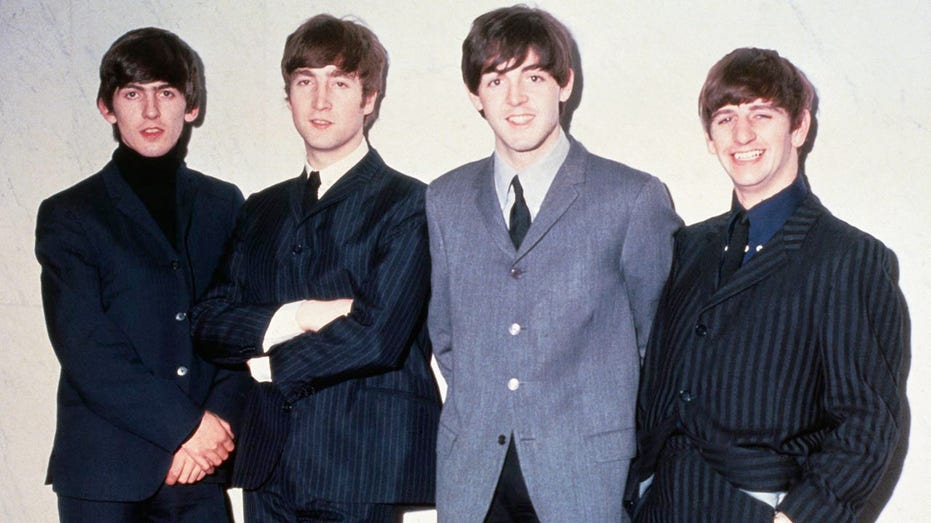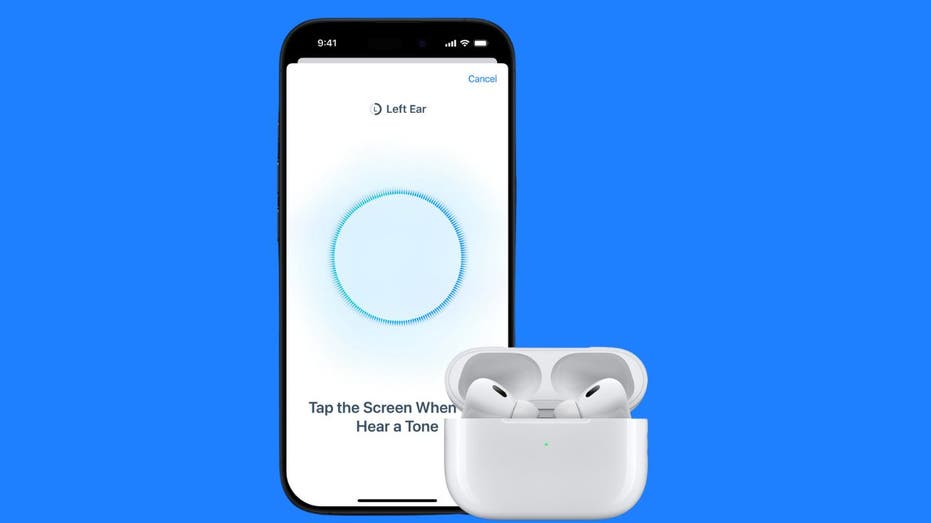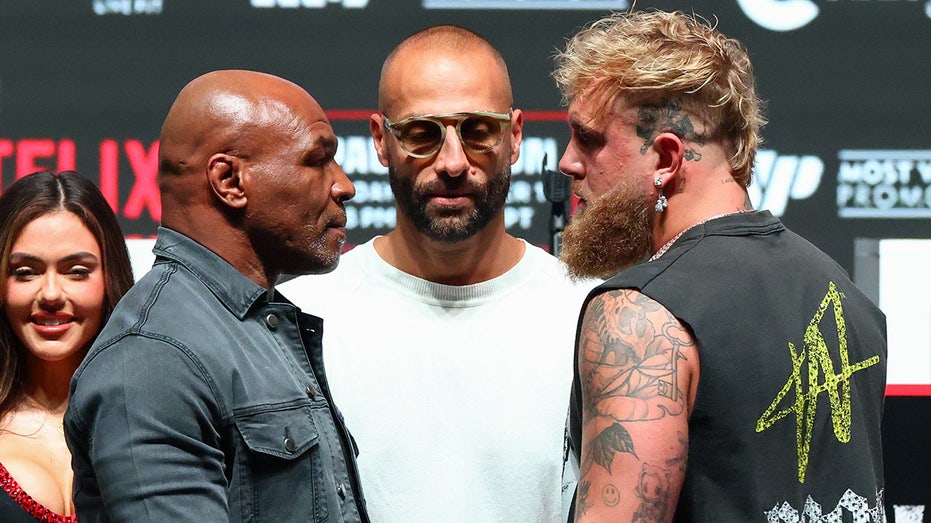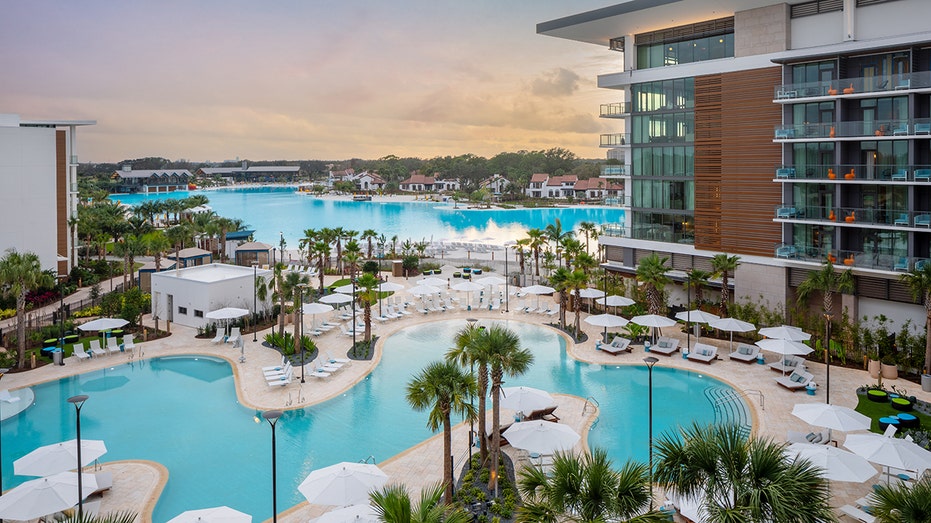- by foxnews
- 17 Nov 2024
Facebook is allowing Trump back. The platform hasn’t learned its lesson | Jan-Werner Müller
Facebook is allowing Trump back. The platform hasn’t learned its lesson | Jan-Werner Müller
- by theguardian
- 29 Jan 2023
- in technology
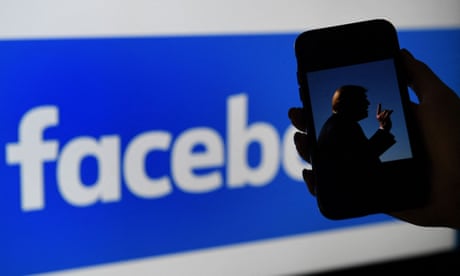
It was left to Nick Clegg - once a great hope for liberal politics in Britain, nowadays cutting a sad figure as global lobbyist for a company with major PR problems - to announce that Facebook was open to Donald Trump's nefarious business again. The decision was wrong, but it hardly spells the end of democracy, as alarmists equating Facebook with an inevitable triumph for fascism might think. What the decision does, though, is confirm the breathtaking hypocrisy of a corporation seemingly unable - or unwilling - to learn from its complicity in repeated political disasters.
Hillary Clinton never stopped being pilloried for her "basket of deplorables" speech in 2016. However, the fact is that Trump and plenty of his supporters have said and done things which are deplorable. The really scandalous part was her casual remark that some Americans were "irredeemable". But democracy is based on the notion that no one is irredeemable, that we should never give up on fellow citizens, hard as it may be. Those who have engaged in anti-democratic actions must have the chance to convince others that they have changed their ways.
Just as it is wrong to deprive felons of voting rights for life, so is it misguided to exclude people from democratic politics forever. The Italian politician Silvio Berlusconi, after years of evading criminal punishment, was eventually sentenced to community service. He was subsequently able to return to politics, even making a bizarre debut on TikTok, where he tried hard to appear youthful and enthuse Italy's ragazzi despite looking, after multiple facelifts, like a waxwork of himself.
But Trump has neither paid any price for various offenses against democracy, nor ever shown the slightest repentance for his role in what Facebook, in its official announcement, gingerly calls "civil unrest" (as if we were talking about some general conflagration, with all sides to blame). By allowing him back on, Facebook is signaling that neither the past, nor what a perpetrator thinks about the past, matter. It pretends that, unless Trump is on the platform, citizens have no chance to find out what "the king of social media" (according to Nigel Farage) is thinking, depriving them of vital information - a patently absurd claim given that Trump remains the most public American who has ever lived. Not only that: AJ Liebling once observed that freedom of the press is guaranteed only to those who own one - if nothing else, freedom to address the public is also guaranteed to those who own a social network.
True, if Facebook executives stick to the narrowest justification for restricting speech, they can argue that Trump is not causing imminent violence. But even that is debatable. A recent post by Trump on his own platform, Truth Social, targeted two African American election workers in Georgia, Ruby Freeman and her daughter Shaye Moss, whose lives had already been made hell by Trump's team in 2020. "What will the Great State of Georgia do with the Ruby Freeman MESS?" the former president asked.
Facebook points to new "guardrails" to prevent posts inciting hatred. But the corporation must know full well that far-right politicians have created a trap when it comes to content moderation: having convinced everyone that conservatives are unfairly disadvantaged by "big tech", every sanction will be sold to outraged supporters as confirmation that the right is always the victim. If Trump stays on the platform, he wins; if he is removed again for breaking through guardrails, he also wins.
And so does Facebook. For all its sanctimonious talk of "open debate" and "community", its business model is to optimize for outrage; outrage means maximum "engagement" and hence profit. Facebook's attempts to create less toxic politics have regularly been reversed because "engagement" appeared to have declined as a result. Its much-touted oversight board - an impressive body of former politicians, judges and academics - might criticize individual decisions, but cannot determine Facebook's overall policy. Revealingly, the board distanced itself from the Trump decision immediately, stressing that it had not been involved; it also called for more transparency. But transparency is of course what platforms have always denied to both governments and researchers.
On one level, Facebook may know that its business model is irredeemable, since it is bound to produce ever more scandals. The fact that we now call Facebook's parent company "Meta" - leaving behind the F-word, with its bad connotations - is an extraordinary PR triumph. (Google never convinced us to say "Alphabet", but, then again, while also engaged in comprehensive surveillance and robbing us of data, it was arguably never as evil as Facebook.)
There is much generalizing about social media killing democracy. Every media revolution has created a moral panic - the printing press supposedly gave us the wars of religion; radio caused Hitler; TV enabled McCarthyism. But this technological determinism is facile; innovations have also deepened democracy. Social media and Facebook's business model are not the same thing. The Trump decision demonstrates, though, that Facebook just cannot let go of its "incitement capitalism".
- by foxnews
- descember 09, 2016
New hotels for family-friendly travel in America, from Florida to Tennessee and more
Newly opened U.S. hotels in Florida, South Carolina and other states could provide endless fun for families no matter the season. Check out these 10 family-friendly oases.
read more